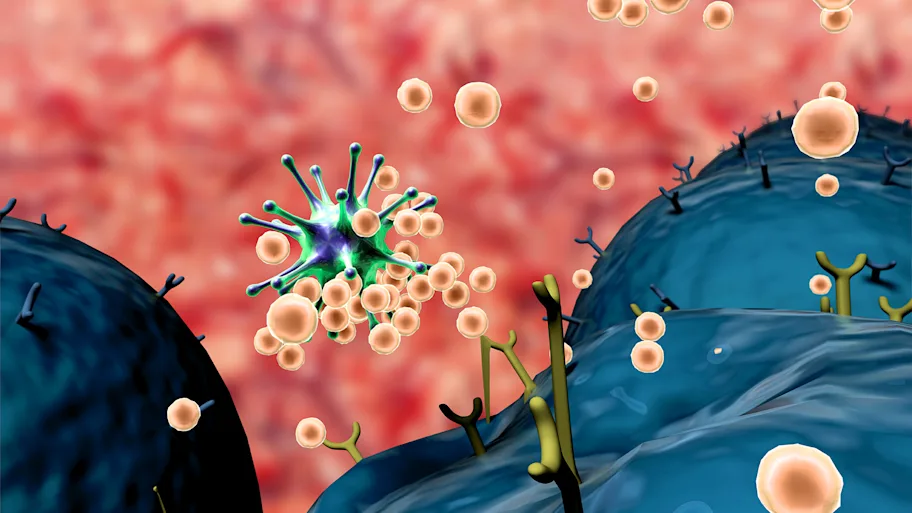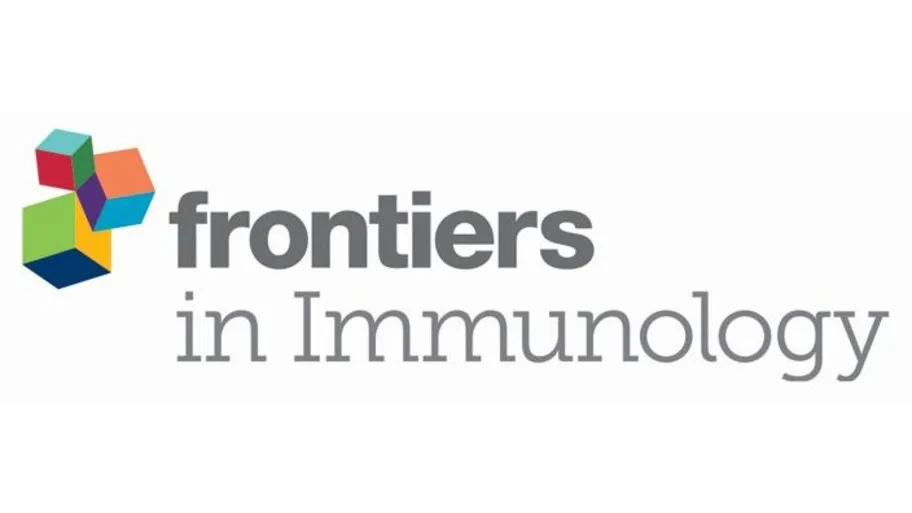
- Science news
- Featured news
- Online information on how to boost immunity based on commercially biased sources
Online information on how to boost immunity based on commercially biased sources

‘Common knowledge’ about boosting immunity appears to be based on commercially biased sources, say the study authors. Image: Shutterstock.
Just 12% of search engine results for “boost immunity” mentioned vaccines, the most proven and effective method of boosting immunity
— by Brighton and Sussex Medical School
Online information about “boosting your immunity” is based on commercially biased sources, according to research led by Brighton and Sussex Medical School (BSMS).
Researchers carried out a search for ‘boost immunity’ and then analysed the results for the top 200 websites. They found that a third of these were commercial websites selling or promoting the use of supplements, herbs or probiotics, while another third consisted of news and media outlets.
Boosting the Immune System, From Science to Myth: Analysis the Infosphere With Google► Read original article► Download original article (pdf)
Minerals, vitamins, oils and Echinacea were among the top recommendations for supplements to take, while vaccines, the most proven and effective method of boosting immunity, were only mentioned by 12% of the websites analysed (and in 5% of the commercial websites). This means that vaccines ranked at a lowly 27th on the list out of all the ways you can boost your immunity, according to online sources.
Nearly 80% of the websites analysed did advise people to eat a healthy diet including fruit, which was reassuring, but 36% suggested various supplements.
Related: Tat vaccine could provide a functional cure for HIV
Professor Pietro Ghezzi, Chair of Experimental Medicine at BSMS and lead author of the study, says: “We all need to eat a balanced diet to stay healthy, but taking supplements isn’t a proven way of boosting our immunity. For example, if we don’t eat enough vitamin C we can get scurvy, but why do so many people believe that taking additional vitamin C or antioxidants is good for their immune system? This study shows how much information exists online is not based on scientific evidence, such as that which is obtained with clinical trials.”
Professor Ghezzi adds: “While the study does not explain why healthy people believe that they should take vitamins or antioxidants to boost their immunity and prevent infection, it shows that much of the information common knowledge is built upon is based on commercially biased sources. More importantly, it is astonishing how most of this information does not mention vaccines.”
The study is published in Frontiers in Medicine.
Original article: Boosting the Immune System, From Science to Myth: Analysis the Infosphere With Google
REPUBLISHING GUIDELINES: Open access and sharing research is part of Frontiers’ mission. Unless otherwise noted, you can republish articles posted in the Frontiers news blog — as long as you include a link back to the original research. Selling the articles is not allowed.






